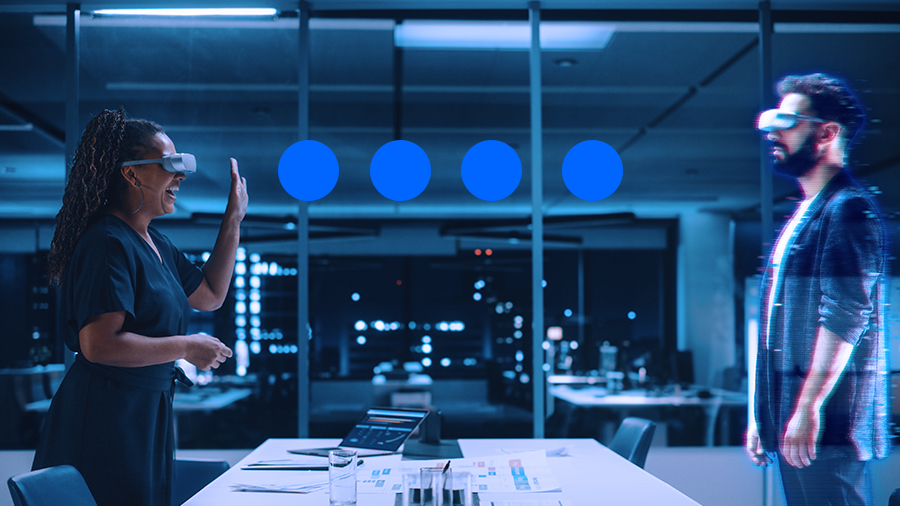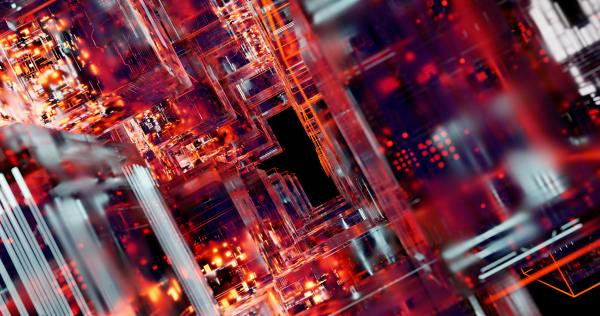Sustainability influences three fields: the environment, social issues and governance. In this article we’ll discuss the first of the above, namely the environment, and how it relates to the Metaverse and Web3.
A new form of efficiency thanks to the Metaverse
The concept of efficiency goes beyond economic costs, as there’s also another definition of efficiency (even more important for some people) associated with the environmental impact that we generate, be it that of a large company, an SME or even a family.
One of the most positive impacts of the Metaverse with respect to environmental efficiency is related to reduced travel.
The Metaverse enables us to carry out activities that normally take place in person in the real world, such as going to work, attending international congresses, travelling to conventions and concerts and so on, in a completely virtual environment from the office or the living room at home. This significantly helps us to reduce the tonnes of greenhouse gases that we normally generate when we travel by car, train or plane.
One example is Movistar Immersive Experience (MEI), a new way of interacting with our Movistar world and our loved ones in a more immersive manner, together with Telefónica Theme Park and Telefónica World, virtual experiences that include fair games and attending events.
Telefónica promotes sustainability by means of the Metaverse by allowing us to visit a work of art such as Okuda at MEI from home without going to the museum, displaying Movistar’s products and services in our virtual store and enabling us to attend the MWC from the sofa by means of the “metaversistic” recreation of our physical stand, as well as events such as Metaverse Day from home with our Talent & Innovation Hub.

The three Rs of recycling: reduce, reuse and recycle
Web3 goes hand in hand with the concept of server decentralisation. This facilitates improved resource management, as we can manage energy efficiency and even automatically allocate energy in keeping with demand, thus reducing energy consumption.
Moreover, thanks to tokenisation projects, tokens generated by the user can be converted into credits to offset the carbon footprint of various forestry projects, with several different initiatives.
One example applied to the home is the App Compensa tu Huella available in the “Apps” section of Movistar Plus+, helping us to offset the amount of CO2 generated in our home. This programme converts the use of Movistar’s digital environment into tokens redeemable for exclusive rewards: data allowances, monthly subscriptions to Movistar Plus+ channels, film rentals and even Movistar LaLiga and the Champions League.
When we refer to Web3, we shouldn’t forget blockchain technology, which helps us to decentralise the above-mentioned servers, also serves as a tool for transparency and traceability, enabling us to track each phase accurately and simply in the life of both products and services (production, storage, transport, use and reuse).
This is why Telefónica has teamed up with the Celo non-profit organisation, which manages the development of blockchain while being carbon negative. At the same time, Telefónica has also become a member of the “Celo Alliance for Prosperity”, which seeks to increase sustainability and financial inclusion through an open source, accessible and decentralised blockchain ecosystem.
Telefónica reuses its extensive network infrastructure, thus playing a key role as a transaction validator and facilitating the stability and security of blockchains.
Also, thanks to Web3 smart contracts are also possible. These can automatically manage the sorting and recycling of waste to ensure they are done properly.

A new technology, new sustainability
As you’ve seen, this new technological world is full of potential, but the relationship between innovation and sustainability will only be positive if projects like the Metaverse and Web3 also focus on being environment friendly.
Telefónica believes that there can be no progress without caring for the environment and, for this reason and many others, it participates in the GSMA Open Gateway initiative, which is laying the foundations for the networks of tomorrow to make them globally more efficient and enable us to reduce the number of servers that pollute, reuse APIs and drive future development and innovation.








